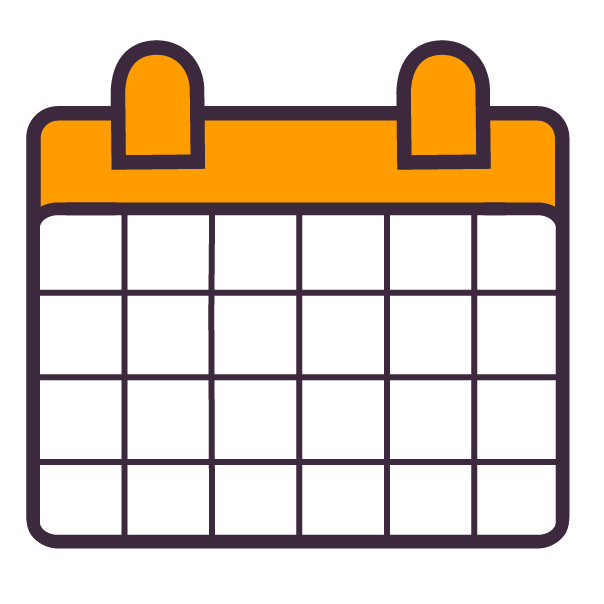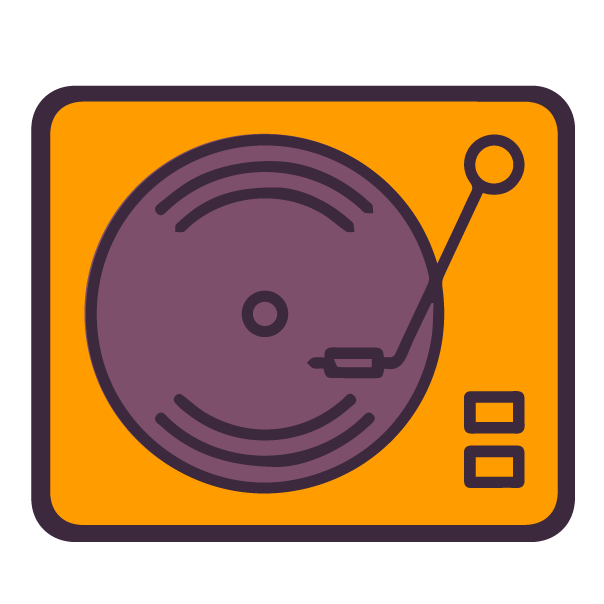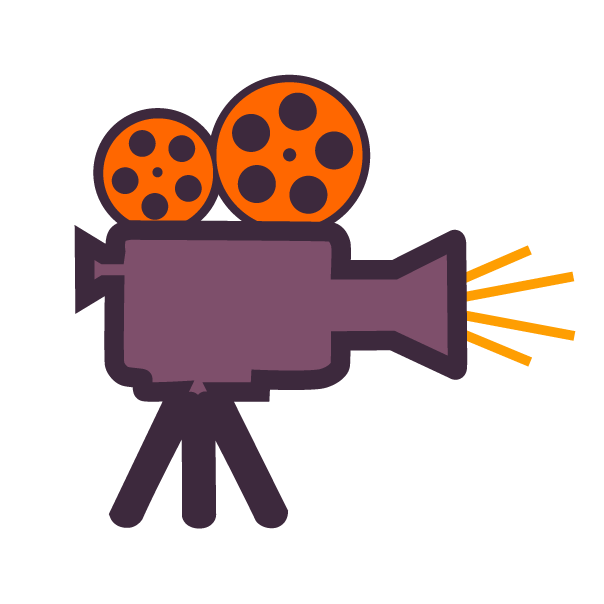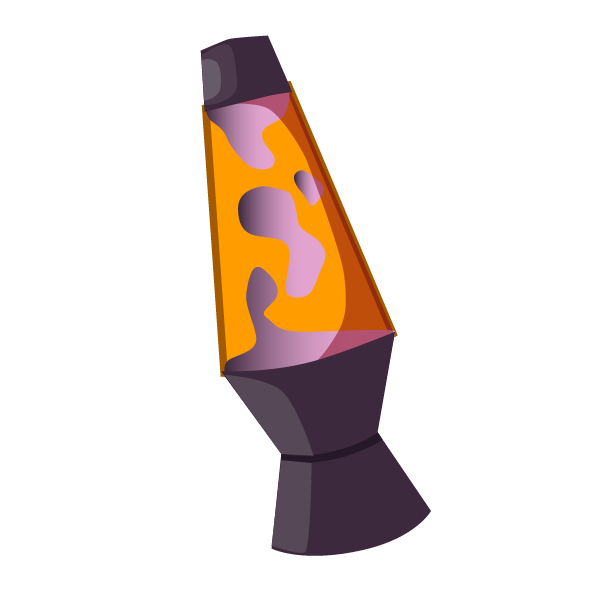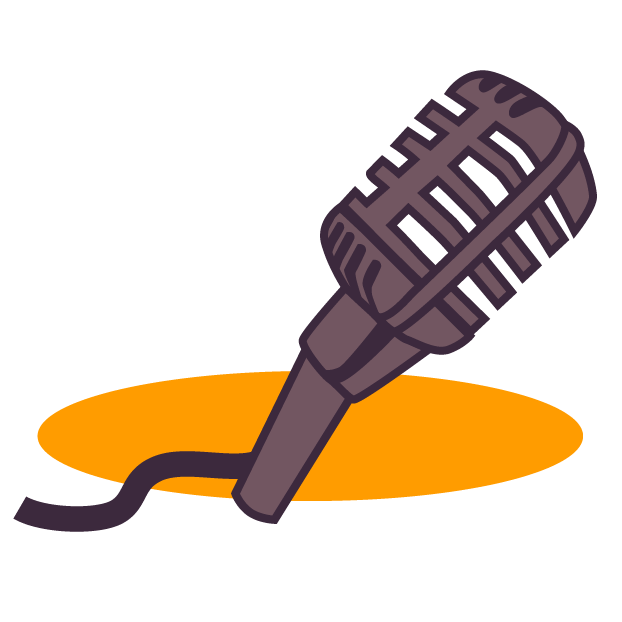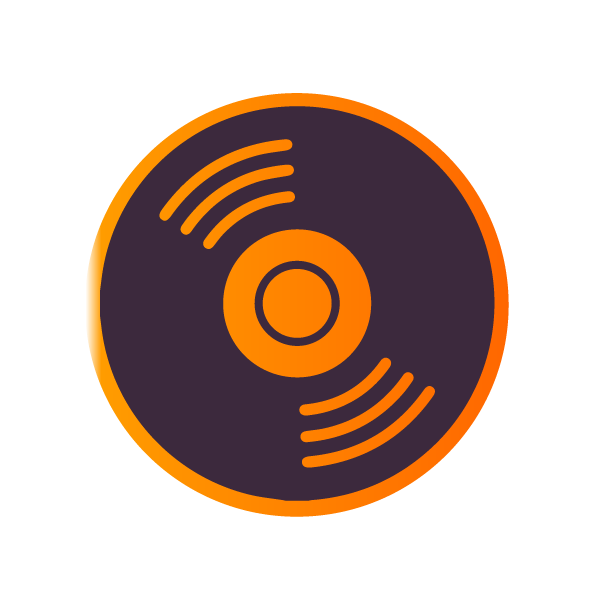by Noah Sollinger | August 17, 2022
Mental health affects all of us. From children finding their way in school, to older folks enjoying their retirement, it can always be a challenge to keep our minds in the right space. This is especially true in the music business, an industry that works around the clock and often forces artists and business people out of their comfort zones. For many, this can lead to weeks or even months of nonstop work, long nights and little time to pay attention to one’s mental health or practice self care.
The stats on this subject are staggering. A 2018 study conducted by the University of Westminster found that more than 70% of music makers suffer from anxiety, and 68.5% suffer from depression. These numbers are troubling, especially considering this study was carried out before the pandemic, which caused a significant increase in both the frequency and severity of mental health cases.
While many people in the music industry may struggle with mental health, the music itself will always be a positive outlet to cope with these issues. In many cases, artists put their feelings into music, so it is no wonder their songs facilitate healing for themselves and their fans. At live shows, the fans and artists can bond over the art, face-to-face, which can be a therapeutic experience in itself.
One beautiful example of a musician advocating for more mental health awareness in their music is Kid Cudi. Cudi built a career on humming about his loneliness over spacey beats, and his lyrics often discuss mental health. Several fans have been quoted saying that Kid Cudi “saved my life” when discussing the effect his early work had on them, and even Travis Scott made this claim during an interview on Hot 97 in 2016. This is an incredibly pungent example of the profound ways that well-being can be affected by music.
Whether you are a fan, artist, or industry worker, it is important to remember the impact that our mental health has on all of our lives, relationships, careers and creative processes. As a community, we should look out for each other, and ourselves. We need to create space and opportunity for therapy, self care, and all the things that keep us mentally healthy.
At the groovement, we recognize the impact of mental health struggles within the industry, and it will always be part of our mission to promote mental health awareness and organizations that offer support.
Some important resources:
Backline: A non-profit solely dedicated to connecting music industry members with the mental health services they need. Anybody involved in the industry, whether it be an artist, producer, or venue worker, can receive free and discounted care from this organization. They provide support groups, wellness events, and so much more to support everyone in the industry. To use their services, simply click the link and visit their “Get Help” page. Check out our interview with Stephen Grybowski, one of Backline’s co-founders to learn more.
The Entertainment Community Fund: The Entertainment Community Fund, formerly known as the Actors Fund, has provided a variety of human services to workers across the entertainment industry since 1882. This includes mental health treatment, crisis intervention, housing services, and much more. Visit their website and submit an application to utilize their services.
Musicares: Musicares, which is funded by the Recording Academy, provides several different services to all workers in the music industry. This includes financial assistance with things like housing and medical care, in addition to a variety of mental health resources. Go to the Get Help page on their website to read more about their resources and eligibility requirements.
Music Industry Therapists Collective: The Music Industry Therapists Collective is a group of licensed psychotherapists, each with experience in the music industry. With therapists on their staff who are former label workers, promoters, tour managers, and so much more, this group uses their first-hand experience to help current industry workers. They also provide online resources such as their Guide to Anxiety Relief & Self Isolation which are available free of charge. Fill out the contact form on their website to get in touch with the team.
Groovesafe: It is part of our mission to make sure that all groovers are comfortable at any concert they attend, and Groovesafe tackles an important issue that is not talked about enough: unconsensual touching and other sexual violence at concerts. They spread awareness, teach prevention and de-escalation skills, and generally focus on building consent culture in the live music community. Visit their website to donate or view their bystander training video.

If you or someone you know is struggling with suicidal thoughts, call the suicide and crisis lifeline @ 988.
If you or someone you know is struggling with substance abuse, contact the SAMHSA helpline @ 1-800-662-HELP.
